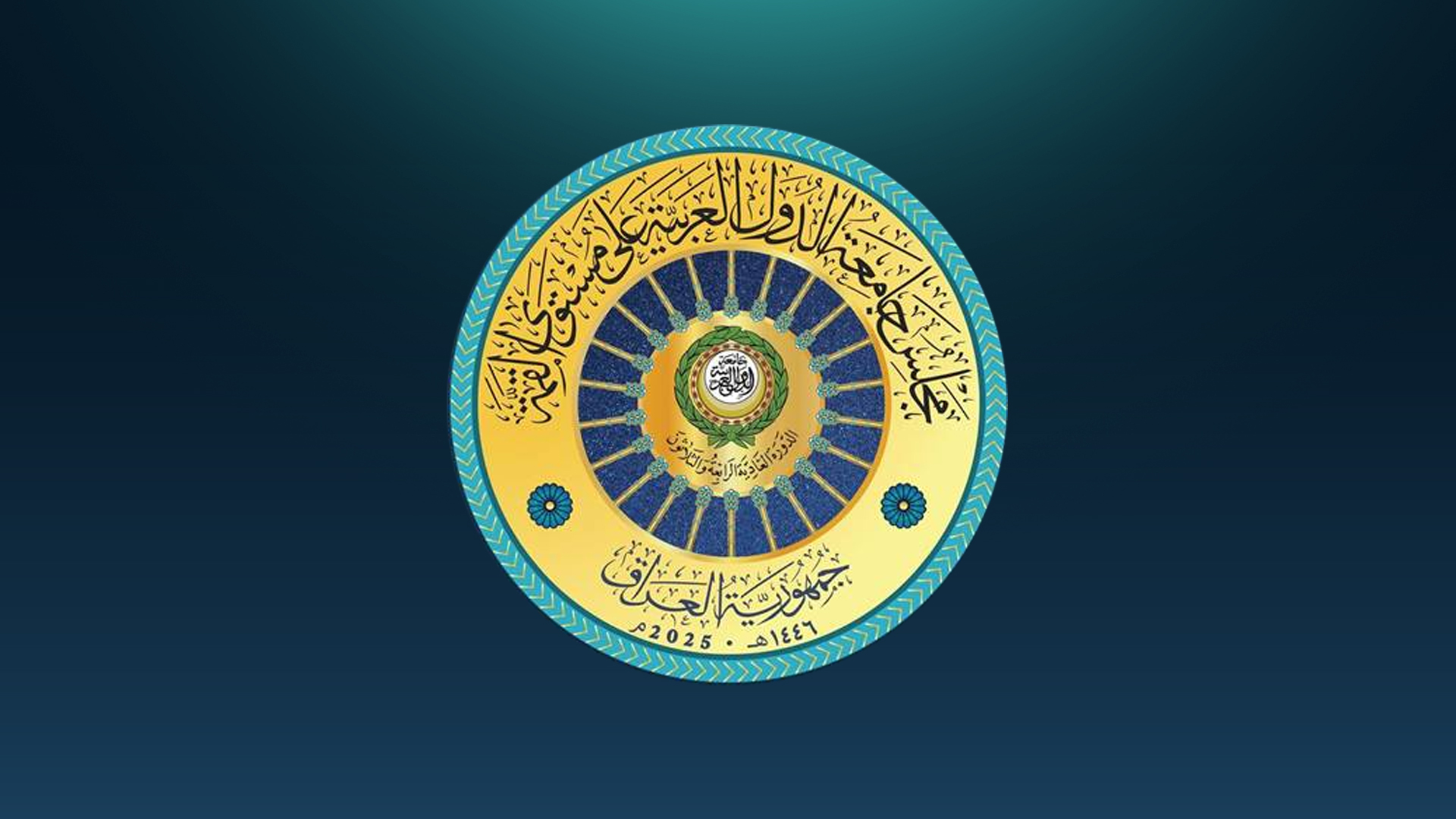Baghdad Hosts Pivotal Arab Summit Amid Regional Shifts and U.S. Diplomatic Surge
The Iraqi capital, adorned with the flags of 22 Arab nations, is witnessing a political calm, reflecting a broader stability unseen in decades.

By Ahora Qadi
ERBIL (Kurdistan24) – Baghdad is set to host the 34th Arab League Summit today Saturday, marking a landmark diplomatic event that coincides with U.S. President Donald Trump’s high-profile Gulf tour and mounting efforts to redraw the contours of Middle Eastern politics.
The Iraqi capital, adorned with the flags of 22 Arab nations, is witnessing a political calm, reflecting a broader stability unseen in decades. This year’s summit, the first since 2012 to be held in Baghdad, comes at a moment of sweeping regional transformation—from Gaza’s devastation to Syria’s political reconfiguration.
Syria’s interim Foreign Minister Asaad al-Shaybani will represent Damascus, replacing President Ahmad al-Sharaa, who, according to Iraqi sources, faced judicial threats from members of Iraq’s parliament over his past militant ties. The move underscores the delicate balance Baghdad seeks between hosting inclusive talks and navigating internal political pressure, particularly from factions loyal to Tehran.
Despite al-Sharaa’s absence, his recent meeting with President Trump in Riyadh and the subsequent lifting of U.S. sanctions remain central to regional discourse. Trump reportedly urged al-Sharaa to join the Abraham Accords and normalize relations with Israel—proposals that have stirred cautious optimism and intense debate in diplomatic circles.
A New Middle East Vision
Iraqi Prime Minister Mohammed Shia al-Sudani emphasized Iraq’s role in shaping the region’s future through “balanced foreign policy, conscious leadership, and strategic partnerships,” as articulated in his op-ed for Asharq Al-Awsat last week. He reaffirmed Iraq’s commitment to mediating regional tensions and facilitating dialogue, including between the U.S. and Iran on nuclear issues.
Foreign Minister Fuad Hussein confirmed that Saturday’s summit would support the outcomes of March’s Cairo emergency meeting, which outlined a Palestinian-led reconstruction plan for Gaza—a response to Trump’s controversial proposal to place the enclave under U.S. control.
The summit will also tackle support for Syria’s transitional authorities and Lebanon’s fragile government, as well as address Iran’s nuclear negotiations with Washington. The latter, now in its fourth round via Omani mediation, could reshape the geopolitical landscape if a deal is struck—or ignite conflict if talks fail.
Strategic Guests and Regional Stakes
Joining the summit are United Nations Secretary-General António Guterres and Spanish Prime Minister Pedro Sánchez, a vocal critic of Israel and one of Europe’s foremost proponents of Palestinian statehood. President Mahmoud Abbas was among the first leaders to arrive in Baghdad, signaling the centrality of the Palestinian issue on the summit’s agenda.
According to Professor Ihsan al-Shammari, a leading scholar of strategic studies at the University of Baghdad, closed-door sessions will focus on “comprehensive initiatives to halt the Gaza war, rebuild the Strip, and extend humanitarian relief,” while assessing the trajectory of Syria’s fragile transition and Iran’s nuclear diplomacy.
With Iraq positioning itself as a central diplomatic hub—hosting both the Arab Summit and backchannel U.S.-Iran nuclear negotiations—the Baghdad summit may prove pivotal in redefining alliances, balancing rivalries, and anchoring a new order in the Middle East.
